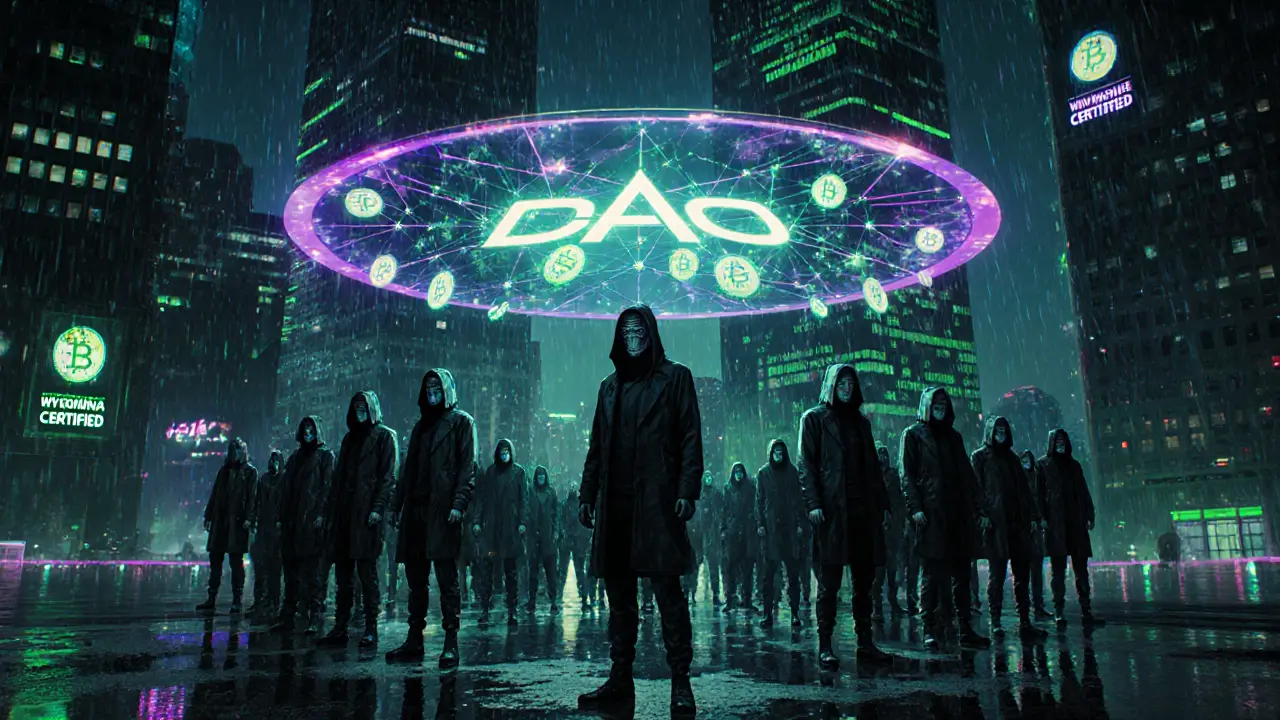In 2025, DAOs are legally recognized in a handful of U.S. states and Malta. Learn how Wyoming, New Hampshire, and others are shaping the future of decentralized organizations - and what it means for your tokens, liability, and business.
DAO Legal Status: What It Means for Crypto Governance and You
When you hear DAO legal status, a decentralized autonomous organization recognized under law as a legal entity with rights and responsibilities. Also known as decentralized autonomous organization, it’s a group run by code and community votes—not a CEO or board. This isn’t just tech jargon. It’s about who’s liable when things go wrong, who pays taxes, and whether you can sue the group if it scams you. In 2025, a few places like Wyoming and Switzerland now treat DAOs as legal entities. But most countries still don’t know what to do with them. That’s a problem if you’re voting on a treasury spend or contributing code to a project that suddenly gets shut down by regulators.
The SEC crypto rules, U.S. regulatory guidance on whether crypto tokens and DAO governance structures qualify as securities are the biggest shadow hanging over DAOs. The SEC doesn’t care if your DAO is decentralized. If it’s raising money, offering tokens, or letting people profit from its success, they’ll likely call it an unregistered security. That’s why some DAOs now hire lawyers to structure their voting systems like cooperatives or LLCs. Others just disappear into offshore jurisdictions. Meanwhile, blockchain governance, the process by which decentralized projects make decisions through token-based voting is being tested in court. Did a vote to drain a treasury count if only 5% of token holders participated? Can a DAO be held responsible for a smart contract hack? These aren’t theoretical questions anymore.
There’s no global rulebook. Some DAOs are registered in Malta under MiCA rules. Others operate in the gray zone, relying on anonymity and jurisdictional arbitrage. But if you’re holding governance tokens, you’re already part of the legal experiment. Your vote might fund a project that gets fined. Your wallet might be subpoenaed. Your contribution might be classified as an investment—even if you thought you were just helping out. The DAO legal status isn’t about whether the tech works. It’s about whether the law can keep up. Below, you’ll find real cases, regulatory updates, and project breakdowns showing exactly how this plays out in practice—no theory, no fluff, just what’s happening now.

